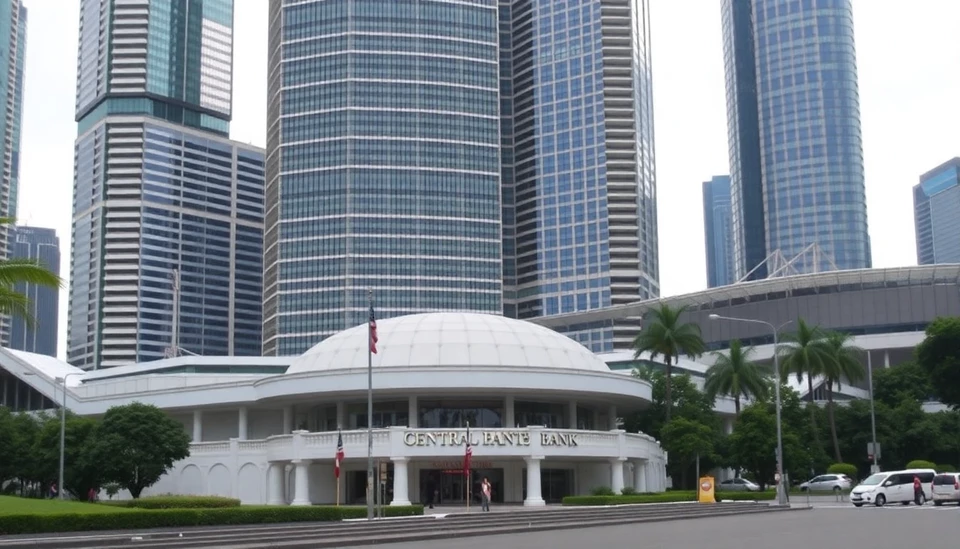
In a move that sets it apart from several other nations, Singapore has reaffirmed its commitment to a stringent monetary policy stance. The city-state’s monetary authority has opted to sustain its course, navigating an economic landscape that is increasingly leaning towards the relaxation of financial policies in response to softening global economic conditions.
As reported on October 14, 2024, the Monetary Authority of Singapore (MAS) held its ground, rejecting calls for expansionary measures. This decision has been made against the backdrop of central banks worldwide, which are starting to roll back their aggressive tightening policies of the past few years. Countries such as the United States and parts of Europe are cautiously pivoting towards easing, influenced by declining inflation rates and signs of economic slowdown.
The MAS's decision to continue its tight monetary policy reflects its unique economic considerations. Singapore's core inflation remains significantly elevated, fueled by strong domestic demand and rising costs of goods and services. The authority's focus remains on ensuring price stability and anchoring inflation expectations, showcasing a resolute approach to governing the economy while balancing potential growth.
While many are advocating for a shift towards more accommodative policies, the MAS is closely monitoring both international developments and domestic economic indicators. It acknowledges the challenges posed by global uncertainties but believes the current strategy is essential for maintaining long-term economic stability.
Economists have expressed mixed reactions to this steadfastness, with some arguing that the present course may hinder Singapore's competitiveness as it seeks to attract global investments. However, others are applauding the MAS for not capitulating to pressure and standing firm in its objectives to ensure that inflation does not spiral out of control.
This decision comes at a time when Singapore has been enjoying a recovery in various sectors, including tourism and trade, rebound from earlier pandemic struggles. However, the ongoing risks like volatile energy prices and geopolitical tensions compel the authority to tread cautiously when it comes to monetary loosening.
Authorities in Singapore believe that a tighter monetary policy is compatible with a strong employment landscape, and they are intent on leveraging this approach to fortify their economic fortress against external shocks. By prioritizing stability over short-term gains, the MAS aims to send a deliberate message to markets and consumers about its commitment to sustainable economic growth.
Looking ahead, analysts will continue to keep a close watch on MAS's next moves, especially as other economies around the world begin to shift gears. For now, Singapore stands as a bulwark against the tide of global monetary easing, highlighting its unique economic dynamics amid shifting geopolitical currents.
This decisive stance by the Monetary Authority of Singapore is a reminder of the importance placed on price stability, and will likely become a focal point for discussions in upcoming financial forums as countries navigate their monetary strategies in an unpredictable global economy.
With its commitment to maintaining a disciplined approach, Singapore remains a significant player on the global financial stage, where its decisions could influence not only regional markets but also set precedents for other nations evaluating their monetary policies.
#Singapore #MonetaryPolicy #Economy #Inflation #Finance #GlobalEconomy #MAS
Author: Rachel Greene




